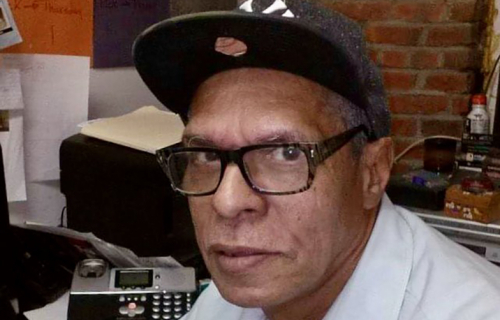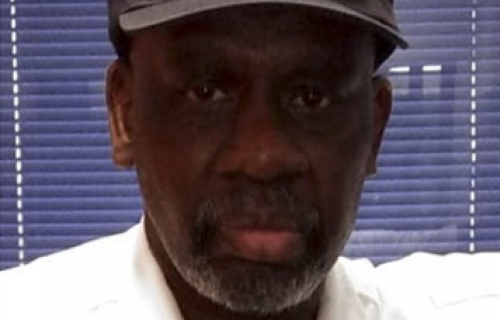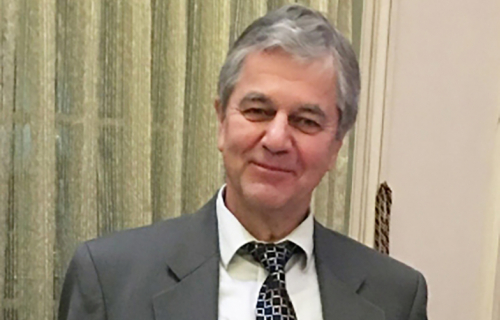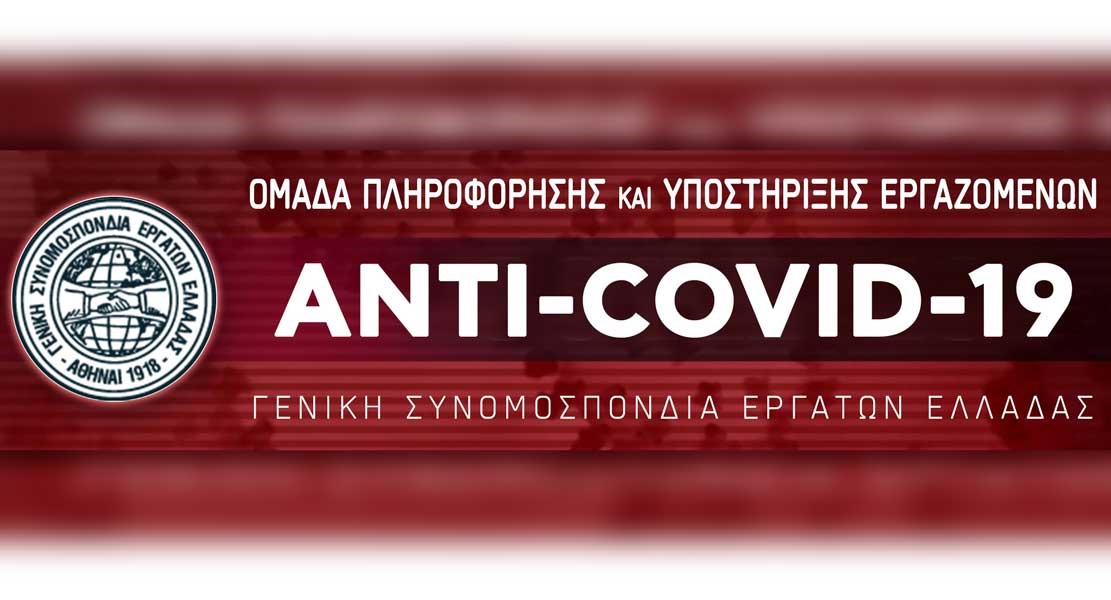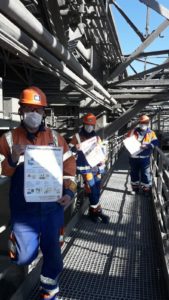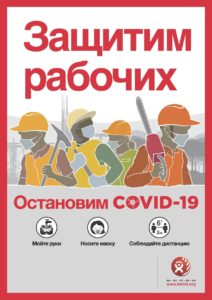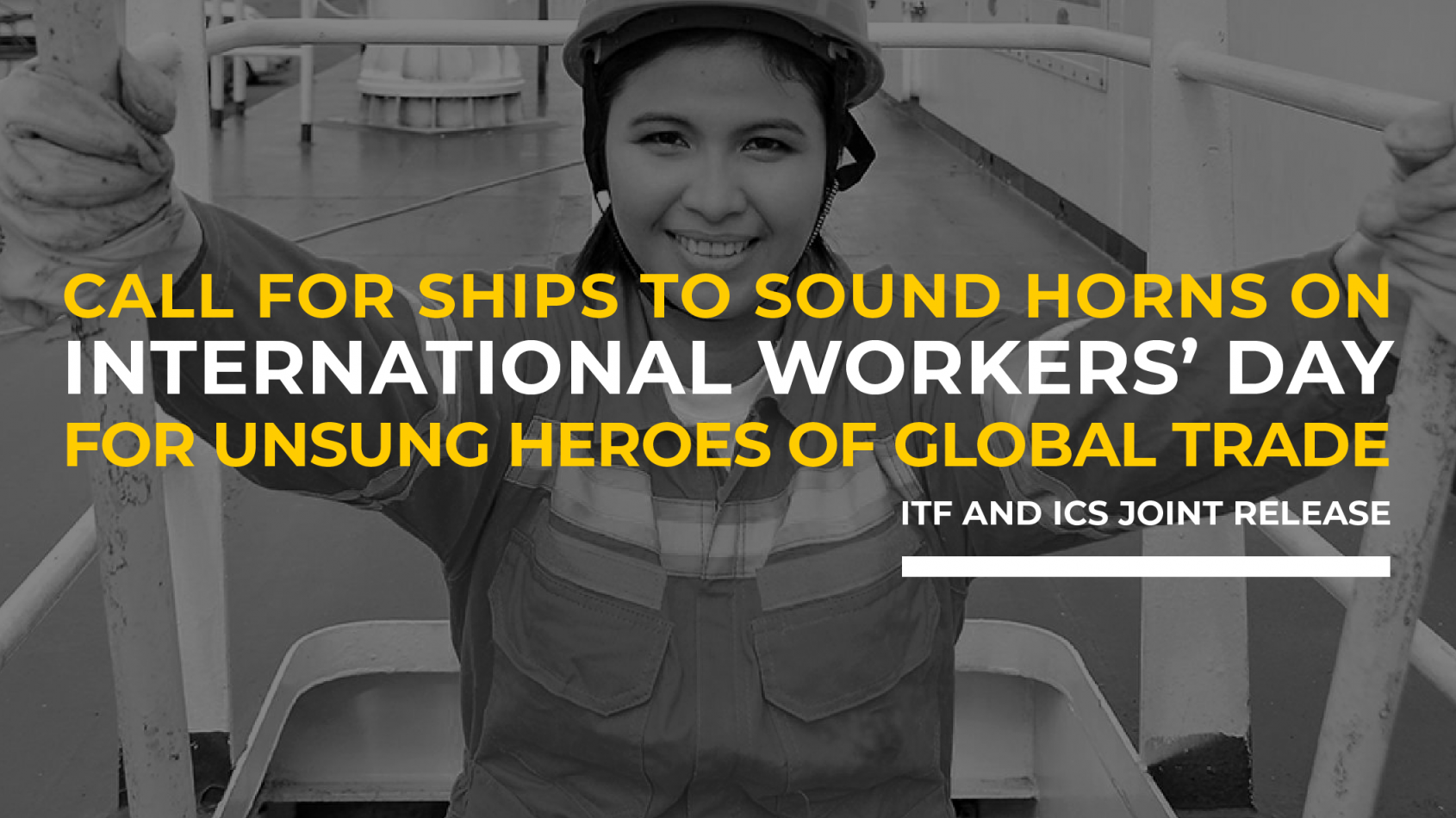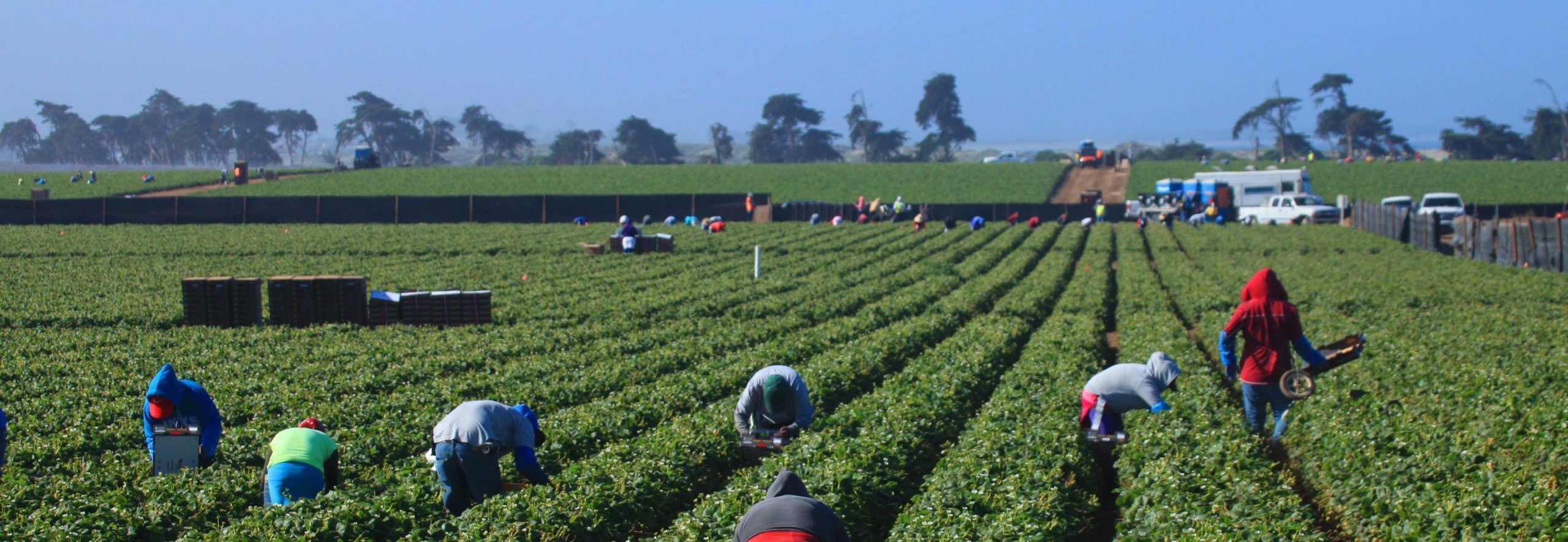
“We will never forget 2020. Not just for the way the virus turned our lives upside down and taken many people away from us too soon. We will also remember it for re-calibrating our perception of what is important and who our key workers are.
“This is the year when people from different walks of life put their lives on the line to keep vital services running. Too many of them have lost their lives, and we will remember them on International Workers’ Memorial Day.
“Every year on 28 April, millions of trade unionists across the world come together to remember those who have died at work and fight for the rights of the living.
“This year will be particularly poignant. Wherever we are working, with a minute’s silence at 11am, we will commemorate the workers who have lost their lives during the COVID-19 pandemic, and show our solidarity with those who continue to do vital work at great risk.
“Many Prospect members are working under the cloud of the virus, keeping the lights on, ensuring we are safe and running our public services. As a union, we send our thoughts to all members working at this difficult time.
Learning lessons
“28 April is not a day to point a finger at those who should have done more to protect those at risk, or to ask why our country has been caught unprepared for the pandemic. But those questions will be asked, and we must learn the lessons from this crisis. We must ensure there will not be the loss of life like this again.
“International Workers’ Memorial Day reminds us of the vital role of union health and safety representatives.
“Up and down the country, dedicated trade unionists continue to use their professional expertise to keep their workplaces and colleagues safe. This will only become more important in the weeks and months ahead as we emerge from the crisis and return to something that resembles normal.
“For many, returning to the workplace will be a considerable source of anxiety. It will be hard to roll back the mind-set we have formed to keep ourselves, our loved ones and our communities safe.
“That is why we will always follow the best scientific advice. We will draw on this as we represent members, and apply its rigour in ensuring that risks are managed.
“We know that, as the lockdown is lifted, social distancing will need to be retained. Many work tasks will need to be changed to ensure they can be carried out safely.
“In doing so, there is much that can be learnt from our members who have continued to go into work during this crisis. But this can only happen following constructive engagement between employers and unions. We have already made the case directly to government to ensure the economy can recover when work resumes.
“We expect the same seat at the table to negotiate a safe return to work with all the employers we deal with. We want to extend this hand of partnership into other areas where Prospect members are working, but maybe not currently recognised.
Engaging in good faith
“A return to work after this unprecedented lockdown will require great skill and reassurance. More than ever, it will be vital that employers are honest and transparent in their plans, and engage with the union in good faith.
“New work routines will be required and the same innovation shown during the lockdown will be needed as offices reopen. The workplace may never look quite the same as it did before.
However it changes, and whatever challenges it throws up, we will provide the pragmatic, sensible advice and representation needed based on our years of experience as the leading health and safety union.
“We should remember, too, that many members will return to the workplace having experienced the loss of loved ones, be that family, friends or colleagues. Employers will need to have appropriate support in place to help them through the difficult times, and we will work with them to do that.
“There has never been a more important time for employers to recognise the valuable knowledge of its workforce. This will needed as never before if we are to beat this terrible virus.”
Mike Clancy is Prospect general secretary.
https://prospect.org.uk/news/iwmd20-unions-are-vital-for-future-workplace-safety/
